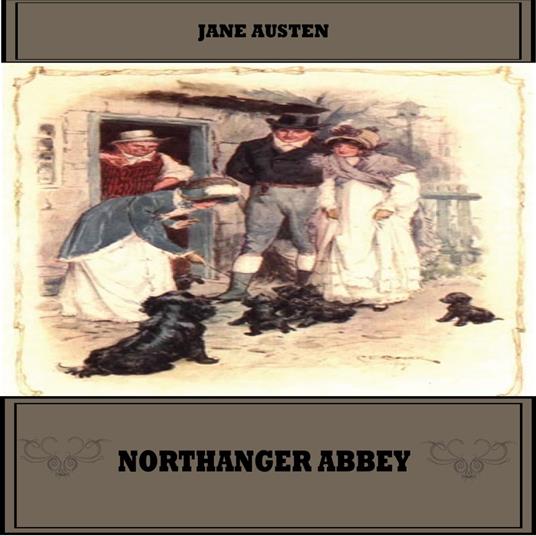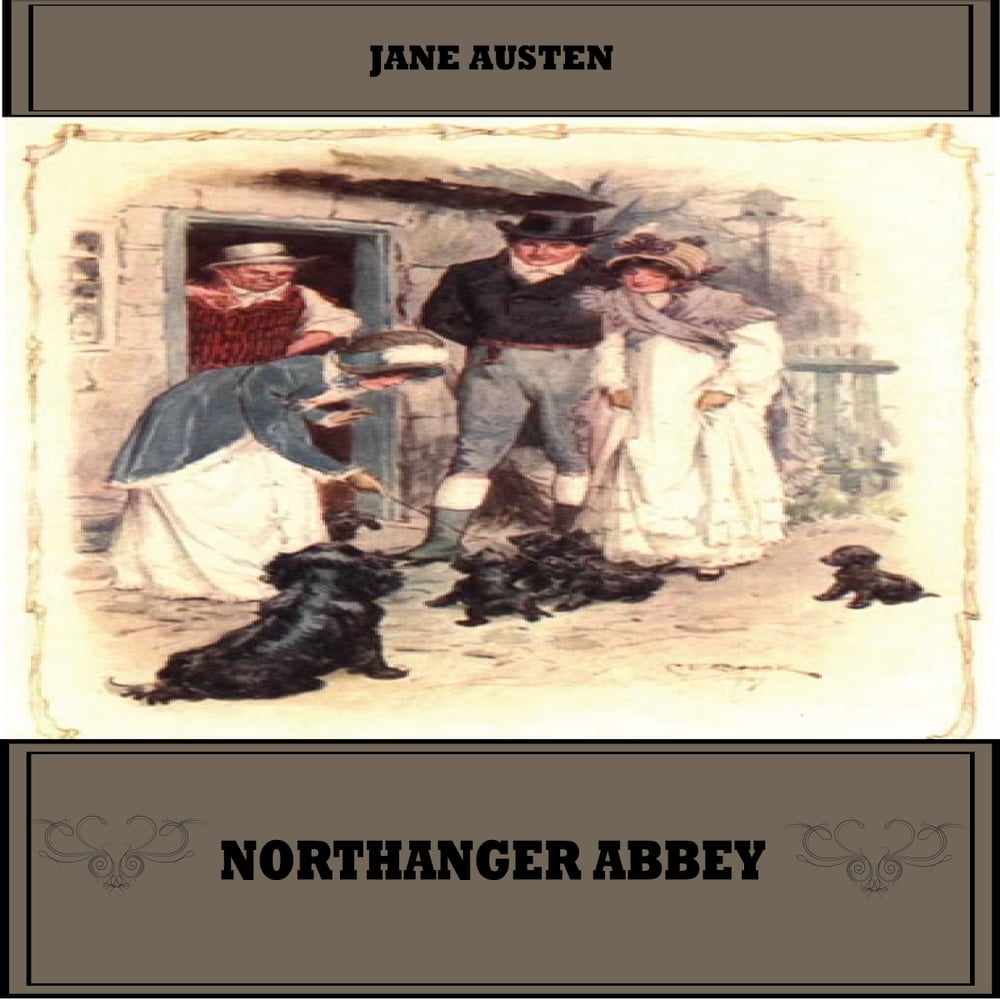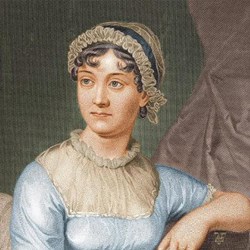Northanger Abbey
Though Northanger Abbey is one of Jane Austen's earliest novels, it was not published until after her death--well after she'd established her reputation with works such as Pride and Prejudice, Emma, and Sense and Sensibility. Of all her novels, this one is the most explicitly literary in that it is primarily concerned with books and with readers. In it, Austen skewers the novelistic excesses of her day made popular in such 18th-century Gothic potboilers as Ann Radcliffe's The Mysteries of Udolpho. Decrepit castles, locked rooms, mysterious chests, cryptic notes, and tyrannical fathers all figure into Northanger Abbey, but with a decidedly satirical twist. Consider Austen's introduction of her heroine: we are told on the very first page that "no one who had ever seen Catherine Morland in her infancy, would have supposed her born to be an heroine." The author goes on to explain that Miss Morland's father is a clergyman with "a considerable independence, besides two good livings--and he was not in the least addicted to locking up his daughters." Furthermore, her mother does not die giving birth to her, and Catherine herself, far from engaging in "the more heroic enjoyments of infancy, nursing a dormouse, feeding a canary-bird, or watering a rose-bush" vastly prefers playing cricket with her brothers to any girlish pastimes. Catherine grows up to be a passably pretty girl and is invited to spend a few weeks in Bath with a family friend. While there she meets Henry Tilney and his sister Eleanor, who invite her to visit their family estate, Northanger Abbey. Once there, Austen amuses herself and us as Catherine, a great reader of Gothic romances, allows her imagination to run wild, finding dreadful portents in the most wonderfully prosaic events. But Austen is after something more than mere parody; she uses her rapier wit to mock not only the essential silliness of "horrid" novels, but to expose the even more horrid workings of polite society, for nothing Catherine imagines could possibly rival the hypocrisy she experiences at the hands of her supposed friends. In many respects Northanger Abbey is the most lighthearted of Jane Austen's novels, yet at its core is a serious, unsentimental commentary on love and marriage, 19th-century British style
-
Autore:
-
Narratore:
-
Durata in (hh:mm:ss):06:59:21
-
Anno edizione:2018
Formato:
Gli Audiolibri venduti dal nostro sito sono in formato MP3 e protetti da un DRM proprietario Kobo.
Compatibilità:
Gli Audiolibri venduti dal nostro sito possono essere ascoltati sul tuo smartphone o tablet tramite la APP gratuita Kobo Books scaricabile da iOS o Android. Gli Audiolibri non possono essere scaricati in locale o trasferiti su un client di ascolto diverso da quello fornito tramite Kobo. Non è possibile ascoltare gli audiolibri con la Kobo APP Desktop. Puoi ascoltare gli Audiolibri tramite determinati eReader Kobo, utilizzando cuffie o casse con Bluetooth. Visita la pagina degli eReader per avere maggiori dettagli.
Cloud:
Gli Audiolibri venduti singolarmente dal nostro sito sono immediatamente sincronizzati sul tuo account personale in automatico. Successivamente all'acquisto, sono subito disponibili all'ascolto tramite i client di lettura Kobo compatibili.
Clicca qui servissero ulteriori informazioni




